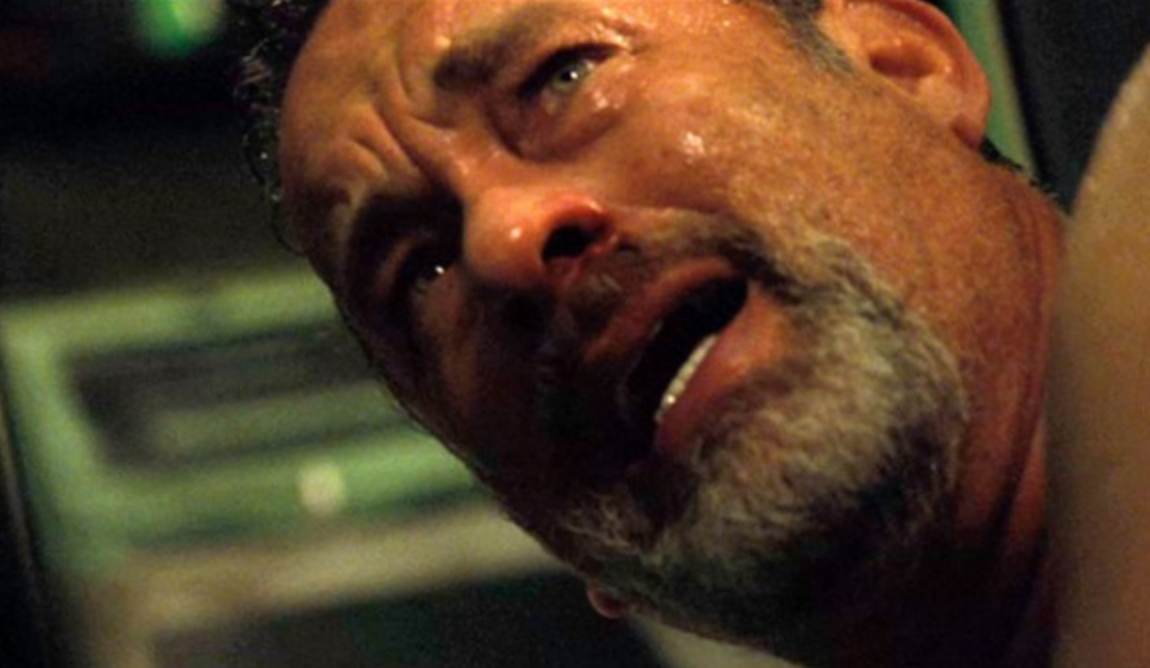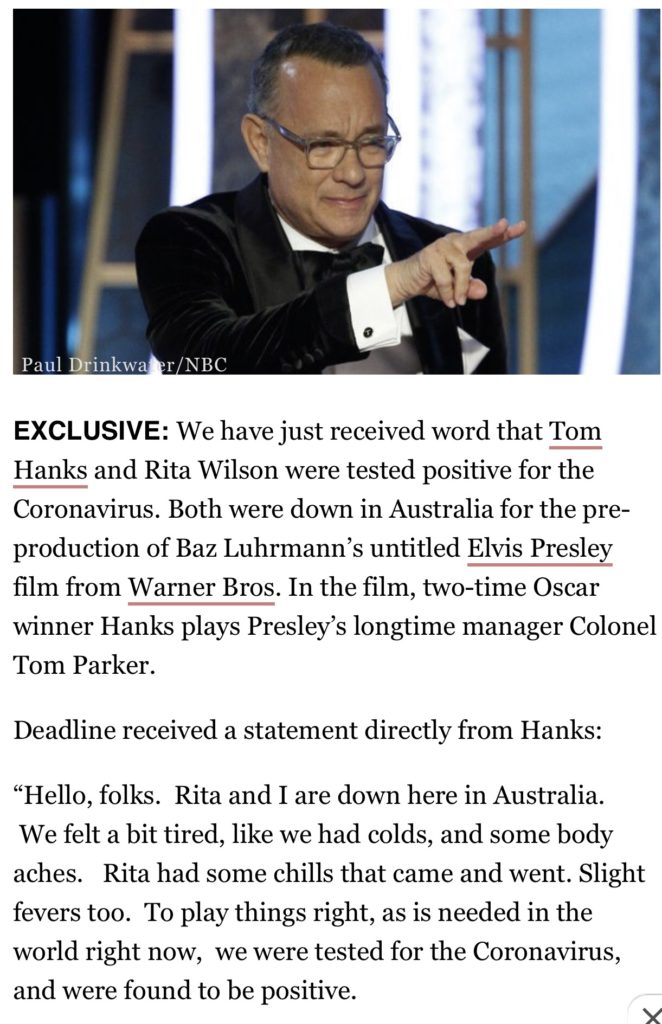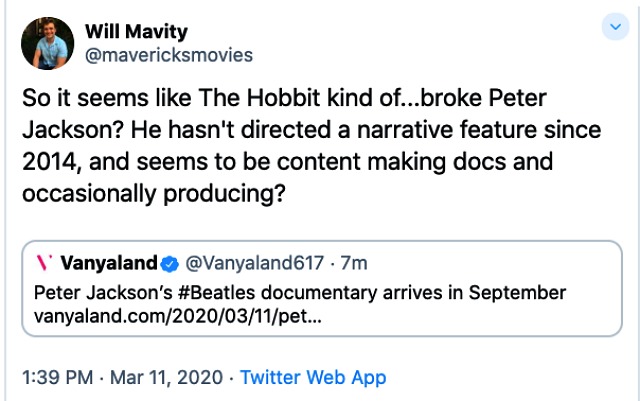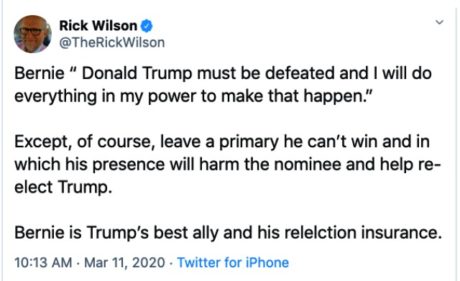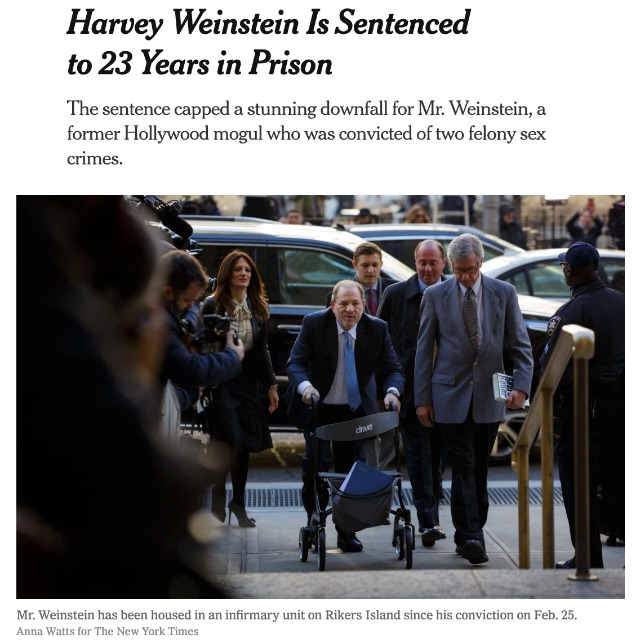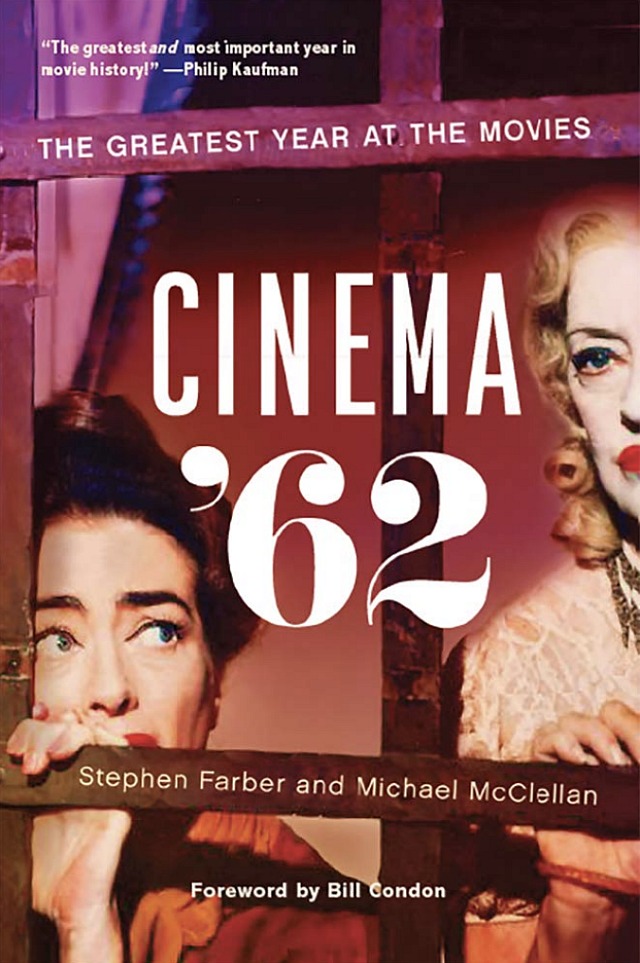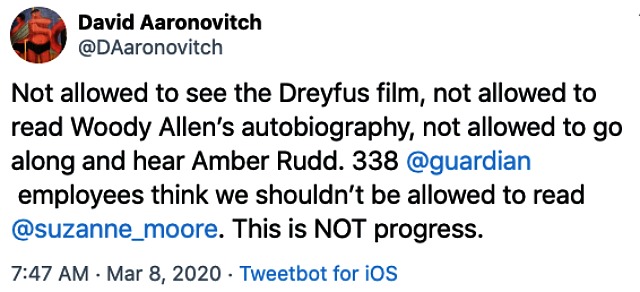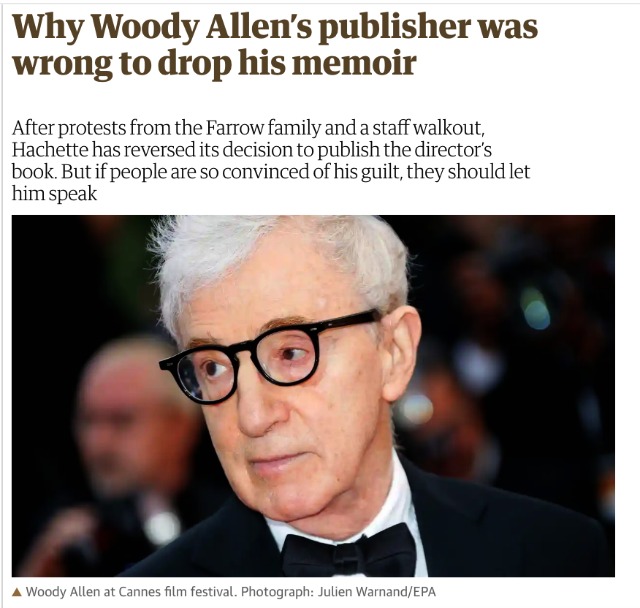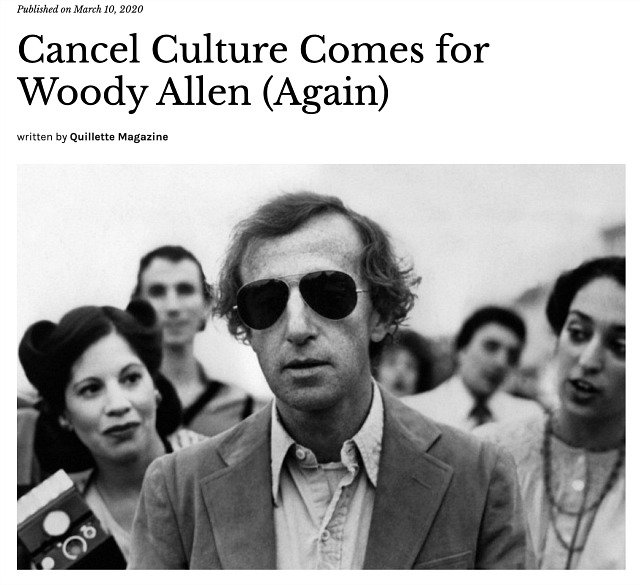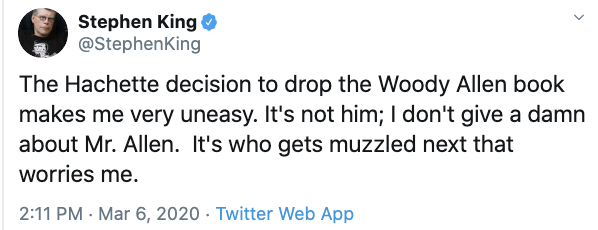At the end of each year there are always 20 to 25 films that qualify as excellent, very good or good. The creme de la creme is usually between five and ten, but the final tally of approvables is always around 20, and 25 if you want to be liberal about it. But 1962 was different. By my count nearly 50 films that anyone would rank as praiseworthy or seriously noteworthy were released that year. Roughly double the average. The HE rundown is below.
I’ve riffed off and on about the ’62 roster over the last 15 or so years, but now there’s a new book that celebrates this mid-Kennedy administration chapter — Stephen Farber and Michael McClellan‘s “Cinema ’62: The Greatest Year at the Movies” (Rutgers University Press). The pub date is 3.13.
For many years the general consensus has been that the greatest movie years were 1939, ’62, ’71 and ’99. Which others?
Excerpt: “Most conventional film histories dismiss the early 1960s as a pallid era, a downtime between the heights of the classic studio system and the rise of New Hollywood directors like Scorsese and Altman in the 1970s. It seemed to be a moment when the movie industry was floundering as the popularity of television caused a downturn in cinema attendance.
On the contrary, “Cinema ’62′ asserts that 1962 “was a peak year for film, with a high standard of quality that has not been equaled since.”
A decade or so ago I wrote about a BAM retrospective on 1962 films. NYFCC chairman Armond White, the apparent architect of the series, wrote at the time that 1962 “was equal to Hollywood’s fabled 1939 so we welcome this great opportunity to learn and revise film history.”
Here’s my updated rundown of 1962 worthies: David Lean‘s Lawrence of Arabia, John Ford‘s The Man Who Shot Liberty Valance, Sam Peckinpah‘s Ride The High Country, Robert Aldrich‘s Whatever Happened to Baby Jane?, Bryan Forbes‘ The L-Shaped Room, Howard Hawks‘ Hatari, Francois Truffaut‘s Shoot The Piano Player, Francois Truffaut‘s Jules and Jim, Agnes Varda‘s Cleo From 5 to 7, Luis Bunuel‘s The Exterminating Angel (10)
Peter Ustinov‘s Billy Budd, the John Frankenheimer trio of Birdman of Alcatraz, The Manchurian Candidate and All Fall Down, J. Lee Thompson‘s Cape Fear, George Seaton‘s The Counterfeit Traitor, Frank Perry‘s David and Lisa, the Blake Edwards‘ duo of Experiment in Terror and Days of Wine and Roses, Pietro Germi‘s Divorce, Italian Style. (10)
Stanley Kubrick‘s Lolita, the great Kirk Douglas western Lonely are the Brave, John Schlesinger‘s A Kind of Loving, Roman Polanski‘s Knife in the Water (released in the U.S. in ’63), Alain Resnais‘ Last Year at Marienbad, Michelangelo Antonioni‘s L’eclisse, Sidney Lumet‘s version of Eugene O’Neil’s Long Day’s Journey into Night, Otto Preminger‘s Advise and Consent, Terence Young‘s Dr. No, John Huston‘s Freud. (10)
Read more






